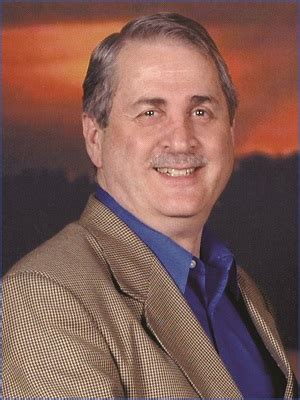A Quote by Kurt Vonnegut
I hope to build a reputation as a science-fiction writer. That's the pitch. We'll see.
Quote Topics
Related Quotes
Science fiction is a weird category, because it's the only area of fiction I can think of where the story is not of primary importance. Science fiction tends to be more about the science, or the invention of the fantasy world, or the political allegory. When I left science fiction, I said "They're more interested in planets, and I'm interested in people."
Science fiction is fantasy about issues of science. Science fiction is a subset of fantasy. Fantasy predated it by several millennia. The '30s to the '50s were the golden age of science fiction - this was because, to a large degree, it was at this point that technology and science had exposed its potential without revealing the limitations.
Hope's Folly is a rapid-fire romp through futuristic political intrigue and high-risk passion The tug of war between decorum and passion keeps the romantic intrigue smoldering. With Hope's Folly, Linnea Sinclair builds on a secure reputation as a leading fashioner of science fiction romance. She straddles and blends these genres with a unique bravura and wit.





































